The Tax Cuts and Jobs Act of 2017 introduced significant changes to Section 174 of the Internal Revenue Code, affecting how businesses handle Research and Experimental (R&E) expenditures. Starting in 2022, these expenses must be capitalized and amortized over a specific period rather than deducted in the year they are incurred. This blog post will guide you through the new rules and how to navigate them effectively.
Historical Context of Section 174
From 1954 to 2021, Section 174 allowed businesses to deduct R&E expenditures immediately or amortize them over at least 60 months. The flexibility offered by the old rules enabled companies to optimize their tax liabilities based on their financial strategies.
Key Changes Under the New Law
- Mandatory Capitalization and Amortization: R&E expenditures incurred after December 31, 2021, must be capitalized and amortized over five years for domestic research and 15 years for foreign research.
- Expanded Definition: The updated law includes software development costs within the scope of R&E expenditures, impacting a more comprehensive range of businesses.
- Mid-Year Convention: All R&D expenses in a given year are considered incurred at the midpoint of the tax year, impacting the calculation and timing of deductions.
Practical Implications for Taxpayers
Businesses must now accurately determine and capitalize their R&E expenditures. This requirement can lead to increased tax liability, particularly for companies that did not previously capitalize on these costs. For example, a company generating $500,000 in revenue and incurring $1,000,000 in R&D expenses would significantly change its taxable income under the new rules.
Legislative Efforts to Reverse the Changes
Since Congress has failed to stop the new amortization rule from going into effect in 2022, there have been a few bills that were introduced since then: two bills in the House (H.R. 7024, the Tax Relief for American Families and Workers Act of 2024, and H.R.2673 American Innovation and R&D Competitiveness Act of 2023) and one bill in the Senate (S.966 American Innovation and Jobs Act). Of the three, the Tax Relief for American Families and Workers Act passed the House with bipartisan support in January 2024. However, the bill has not gained any cosponsors as of June 2024, even though it has been read twice in the Senate by March 2024, and it puts taxpayers and tax practitioners alike in an uncertain state of whether the bill will pass, if at all.
FAQ
Do I need a Section 174 Study if I already have an R&D Tax Credit Study?
- Yes, you do. The requirements for R&E expenditures under Section 174 are broader than those for R&D expenses under Section 41, which is used for calculating tax credits.
Can I skip the R&D tax credit and not report R&E expenditures for amortization?
- No, you cannot. While the R&D tax credit is optional, amortizing R&E expenditures under Section 174 is mandatory starting from the 2022 tax year. Failing to report these expenditures can lead to accusations of tax evasion or fraud and increase your risk of IRS scrutiny.
How does this impact my tax liability?
- It depends on your specific tax situation. If your company is profitable, the new amortization rule will increase your taxable income by 90% of the R&E expenditures in 2022, resulting in higher taxes. This increased tax liability will continue through 2023 to 2026 until the amortization catches up in 2027. However, the new rule won't significantly impact net cash flow for C Corporations with Net Operating Loss (NOL) carryovers and no expected profits.
Could amortizing be more beneficial for me?
- It could be, depending on your tax situation. For profitable C Corporations with NOL carryovers limited to 80% of taxable income, amortizing R&E expenditures might be more beneficial than deducting them in the year they are incurred. This approach can help convert NOL carryovers to R&E amortization for certain years.
Am I safe from an IRS audit if three years (statute of limitation) have passed since my tax filing?
- No, while the general statute of limitation for tax assessments is three years, it does not apply in cases of false or fraudulent returns or willful attempts to evade taxes (per IRC Section 6501(c)). If you intentionally fail to report R&D expenses to avoid amortizing them, it can be considered tax evasion, and the statute of limitation may not protect you.
How Brinker Simpson Can Help
Brinker Simpson provides specialized services to help businesses comply with the new Section 174 requirements:
- Section 174 Studies: Ensure accurate calculation and compliance with the updated tax laws.
- R&D Tax Credits: Help mitigate the impact of increased tax liabilities by maximizing available credits.
Conclusion
The changes to Section 174 present new challenges for businesses engaged in research and development. By understanding the latest rules and leveraging expert guidance, companies can navigate these complexities and optimize their tax strategies.



